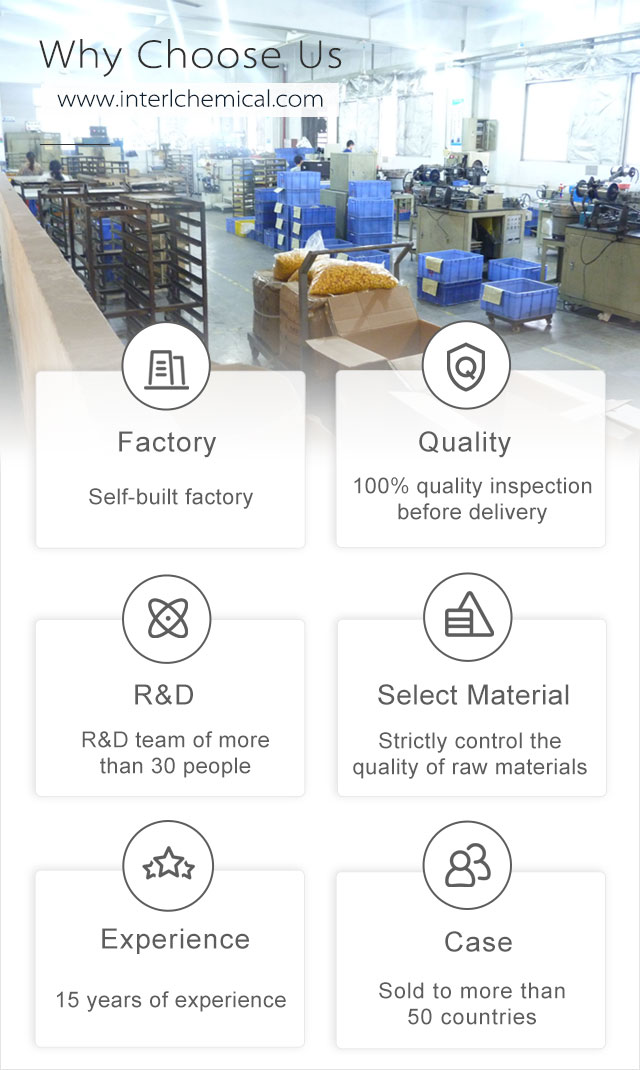Methyl methacrylate liquid Raw Materials CAS 80-62-6
Related Attributes
Product details
Uses and synthesis of Methyl methacrylate liquid
Methyl methacrylate liquid, full name Polymethacrylates (PMMA), is an important optical transparent plastics, Methyl methacrylate Raw Materials has the advantages of high transparency, good impact resistance, light weight and low price, environmental protection and non-toxicity.
Methyl methacrylate CAS 80-62-6 is a widely used glass replacement material, the most important feature of PMMM is that it has excellent optical properties, which is also the origin of its common name "Plexiglas".

Applications / Functions of Methyl methacrylate liquid
- Methyl methacrylate liquid is mainly used as a monomer for plexiglass, but also used in the manufacture of other plastics and paints.
- Methyl methacrylate CAS 80-62-6 is the intermediate of fungicide myclobutanil.
- Methyl methacrylate Raw Materials is mainly used as a monomer of polymethyl methacrylate (organic glass), but also copolymerised with other vinyl monomers to obtain products with different properties, and is also used in the manufacture of other resins, plastics, adhesives, coatings, lubricants, wood impregnating agents, motor coil impregnating agents, ion-exchange resins, paper varnishes, textile dyeing and printing agents, leather treatment agents, and insulation infusion agents. Leather treatment agent and insulating infusion materials, etc.
Organic Synthesis.

Physicochemical Property of Methyl methacrylate liquid
Colourless liquid, volatile. Methyl methacrylate liquid is soluble in ethanol, ether, acetone and other organic solvents. Slightly soluble in ethylene glycol and water.

Production methodprocess of Methyl methacrylate liquid
- (1)Acetone cyanohydrin method acetone and hydrogen cyanide reaction to generate acetone cyanohydrin, acetone cyanohydrin and sulfuric acid and methanol reaction, to produce methyl methacrylate, the crude ester by salting out, primary distillation, distillation Methyl methacrylate liquid.
- (2) Propylene method propylene, carbon monoxide and methanol reaction, the synthesis of intermediate 2-methoxy-2-methylpropanoic acid methyl ester, it will be decomposed to produce methyl methacrylate and methanol.
- (3) Isobutylene method oxidises isobutylene into methacrylic acid with oxidant in the presence of K2CO3 or MnO2 catalyst or with air in the presence of molybdenum catalyst in two stages, i.e. oxidised into methacrolein first, further oxidised into methacrylic acid, which is then esterified with methanol to produce Methyl methacrylate CAS 80-62-6
Why choose us?

HRK Factory

About Shipping












